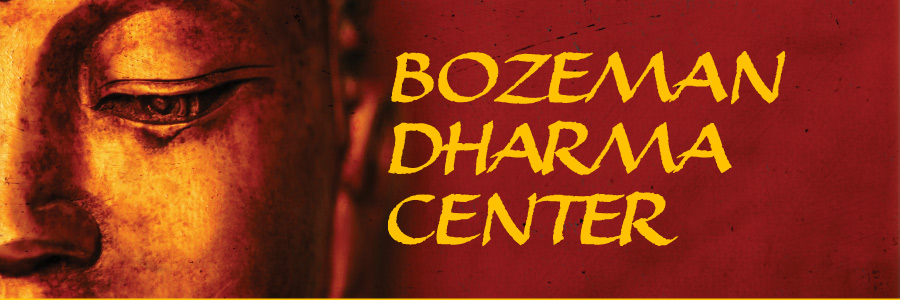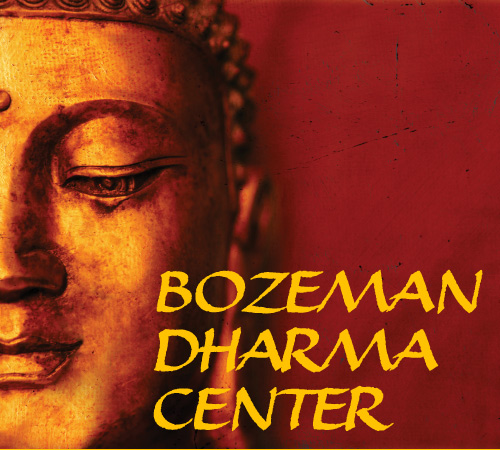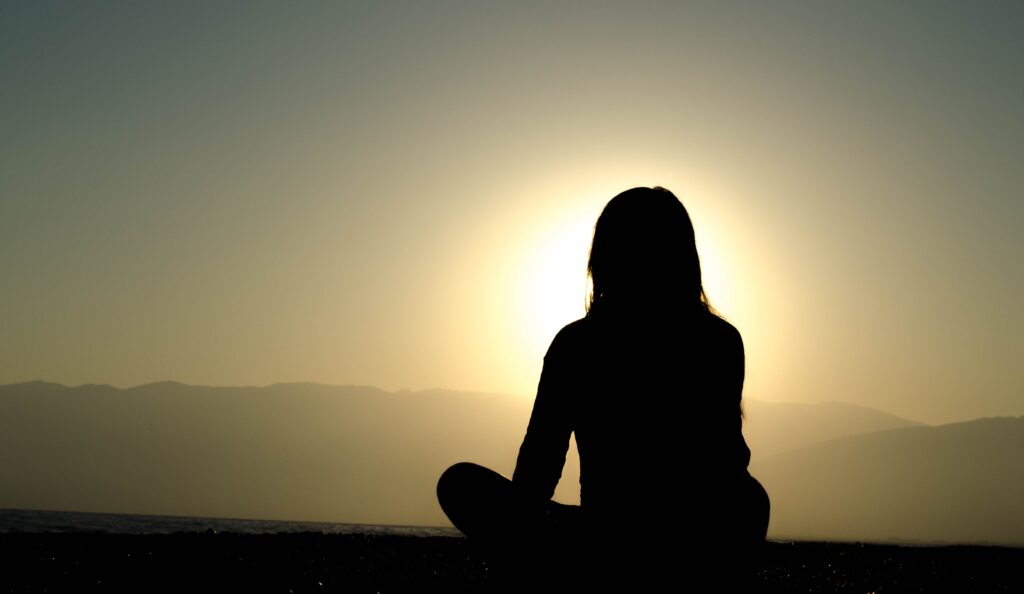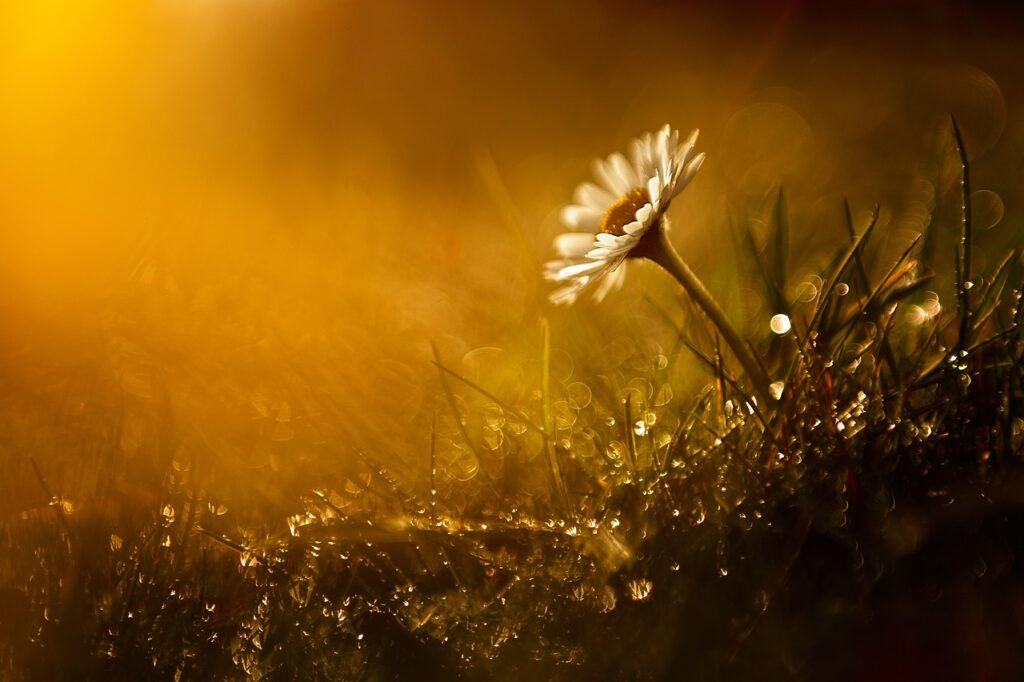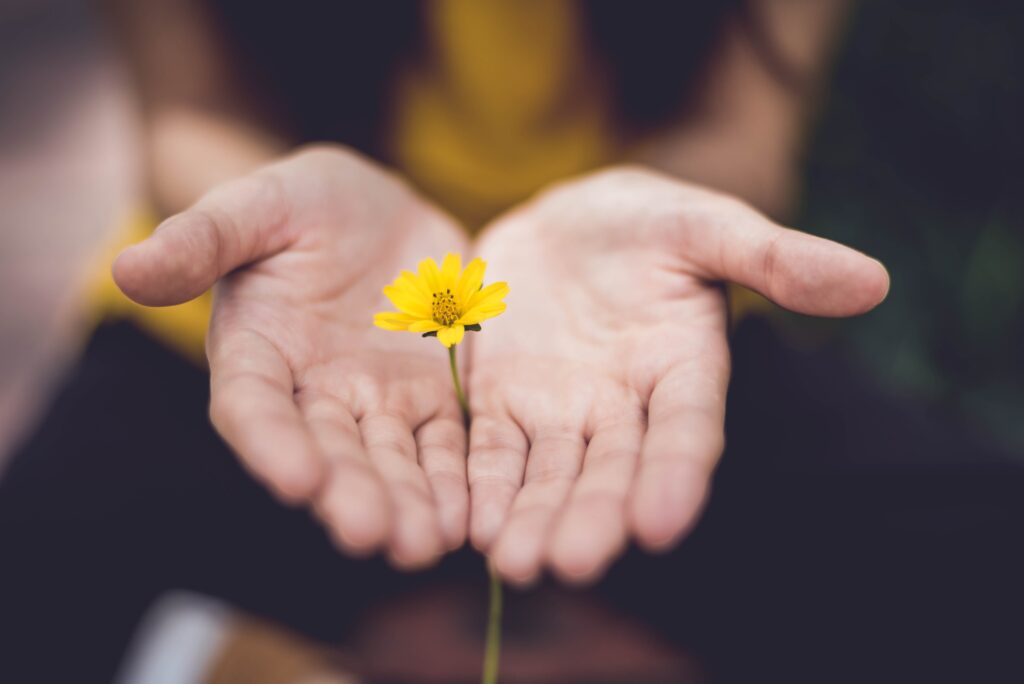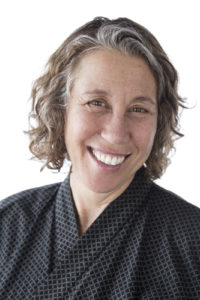In my teens, I made a claymation and live action fantasy film about a confrontation between a dark wizard and a wise sorceress. The dark wizard unleashed a host of terrible monsters on the sorceress. But just as she was about to be overwhelmed, she realized they were nothing more than the embodiment of her own fear. With this insight, she vanquished them with a single spell.
That storyline came to mind as I was contemplating how soaked in fear we are as a society right now: Fear of those who don’t look or act like us; fear of a natural disaster; fear of disease; fear of being told what to think, say, or do; fear of economic hardship. No matter our social status or political persuasion, and without judging the validity of that fear, it seems like we are all afraid of losing something precious.
When I made that film, the feat of the sorceress to master her own fear was literal magic. Without some extraordinary power of will, how else could she just stop being afraid? Decades later, I have in fact experienced that magic, but it is not in the least bit esoteric, and it has little to do with willpower. In his book, Fear, Zen Master Thich Nhat Hanh offers mindfulness—the capacity to stay grounded in the present moment—as the path to living without fear, whether that fear is reliving trauma from the past, or worrying about the worst possible future. This practice can be as simple as taking a single breath and looking up at the mountains through my car windshield, or as profound as attending a silent meditation retreat.
We’ve all had someone ask us, “What are you afraid of?” when they were trying to get us to do something we didn’t want to do. Those words trivialized our fear, shaming us for feeling it. They goaded us to be brave. To be brave is to put ourselves in harm’s way even when we know it is dangerous. What Thich Nhat Hanh calls “nonfear” is not the same as bravery. To cultivate nonfear, we ask that same question, “What am I afraid of?” But instead of shaming ourselves, we look deeply at the sources and causes of our fear from a place of compassion and understanding.
Sometimes we face real danger. But very often, our fear is triggered simply by having our expectations and assumptions violated. We don’t feel safe when we don’t know what will happen next. By first mindfully calming my nervous system, I find I can gently practice curiosity about that feeling. As a result, the story I tell myself to fill in the blank of the unknown future can shift. This may be as mundane as realizing that there are many possible solutions to a problem I’m worried about. Or it may be as fundamental as letting go of my accumulated judgements about “those people.” Either way, the magic of mindfulness is in full bloom.
Steve Allison-Bunnell is an ordained lay member of the Plum Village Order of Interning founded by Zen Master Thich Nhat Hanh, and serves as the senior practice leader of the Joining Rivers Sangha at the Bozeman Dharma Center.


